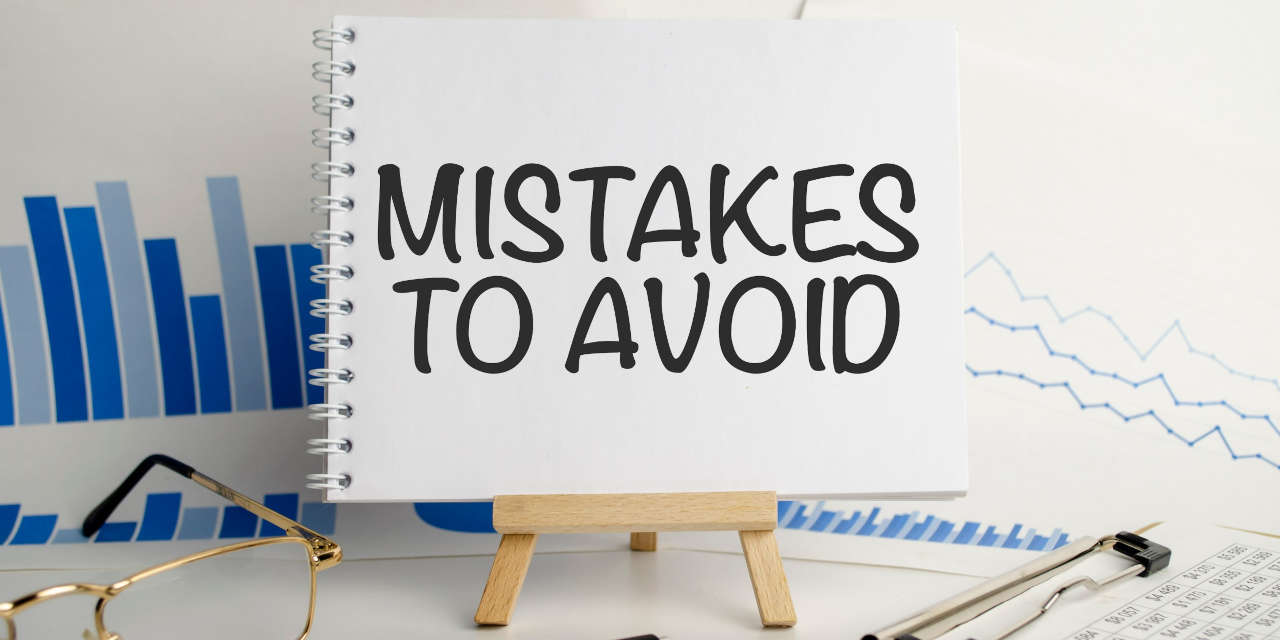By Susan Saldibar
As a marketer, I hate to admit this, but here goes.
Back in the day, I was inclined to let the digital side of marketing slide and concentrate efforts mainly on the creative stuff. So, paying attention to keywords, backlinks, and anything else associated with SEO got sidelined.
What a stupid move.
In my defense, I didn’t have anyone like Dave Grauel to
- explain SEO in ways I could understand,
- make me realize how critical SEO really was, and
- take the beast off my plate.
But you do have Dave Grauel.
And he has a ton of info to share about SEO, keywords, and things you can do to organically to boost SEO, while the technical experts do their thing on the backend.
Leigh Ann Hubbard caught up with Dave, executive director of marketing for Dreamscape (a Foresight partner), recently for another Digital University segment of Marketing Monday.
The topic was using keywords to boost SEO.
Okay, maybe you’re turning off and getting ready to make the same mistake I made, putting SEO third or fourth on your 2023 to-do list. But here’s the thing:
- 75% of people who are looking for senior care start on Google.
- The No. 1 spot gets 40% of the traffic.
- You need SEO (technical and organic) just to get seen.
- You don’t have to be a genius to use keywords to organically drive up your SEO.
Dave maps this stuff out in a way that is so damn logical that I promise you will find yourself nodding and actually understanding it. Here are just a few of Dave’s tips and takeaways.
First, a few tips (there are more in the video):
- Know where you are today and where you need to be. Audit your own website for SEO. There are tons of tools for that. Find out where you rank. Don’t shotgun it. You’ll end up either overspending or underspending.
- Optimize everything! Every web page, every piece of content. And don’t rely on one listing; do as many as possible.
- Check out the “people also ask” sections of Google searches. What are the longtail keywords used in the questions? Use them to answer those questions in your blogs and on your website.
- Bite the bullet and hire an expert. (Actually, this is my tip.) Back in the day, I made the mistake of not doing this. Don’t make the same mistake.
- Don’t sit and wait for your SEO to get traction. While the technical side of SEO is ramping up, get some quick wins. Update old articles with new keywords. Add in graphics and surveys. Do short videos that answer the “people also ask” questions. Use plug-ins to add rich snippets.
Three quick takeaways (there are a ton more in the episode):
- SEO is not a quick fix. Start it now, and see results in about six months. (So, had you started it back in June, you’d already be seeing results.)
- SEO is not just about content. A big percentage of SEO is coding and other technical stuff (page loading, back links). Content is only about one-fifth of successful SEO.
- You can get some quick wins in the meantime. There are lots of things your team can start doing now to augment the technical side and drive up organic search.
I saved the good news for last.
Only about one-fourth of communities are investing in SEO. And only half of that quarter have made it a priority.
That means most of the marketers from your competitors may be just as stupid about SEO as I was. So think what a leg up investing in SEO and making it a priority could give you against your competitors. If you start today.
For more information, click here, or check out the video!
Marketing Monday airs live every second and fourth Monday. Catch up on the entire Digital University series, with Dreamscape, here:
- Digital University 1: “Best Social Media for Senior Living”
- Digital University 2: “Website Nightmares”
- Digital University 3: “SEO for 2023 — Beyond Keywords”








